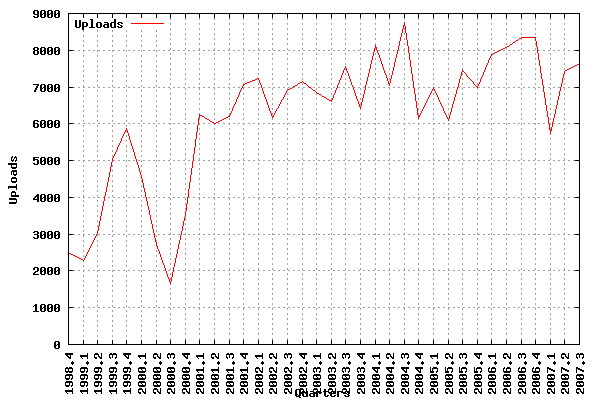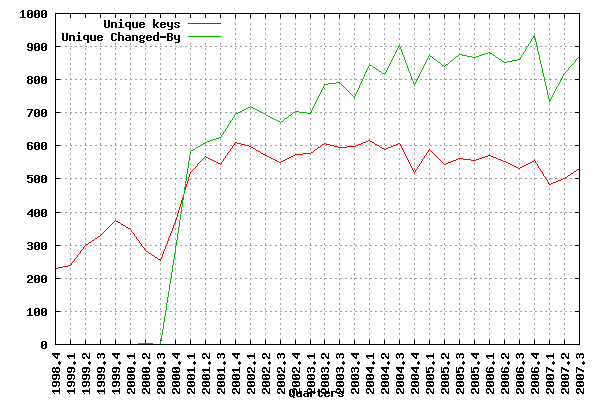I rebuilt all Debian packages twice. The first time with bash as /bin/sh, and the second time with dash as /bin/sh.
About 120 packages built fine with bash, but failed to build with dash. I filed all the bugs that weren’t filed already.
Then I debdiff’d the resulting binary packages, and found about 40 packages that built fine with bash and dash, but produced different binary packages (mostly files missing/being added)!
All the bugs (including those that were already filed) have been usertagged. Most of those bugs are quite easy to reproduce and fix, so, if you are bored, send patches!
I was a bit surprised by the high number of problems I found, since Ubuntu has been using dash as /bin/sh for more than a year, even on their buildds. Some packages have been fixed in Ubuntu, but the Debian maintainers didn’t include the fix. But many packages were simply broken in Ubuntu.
Now I’ll try to find time to work on the Build Daemon From Hell idea, and on rebuilds inside qemu.



